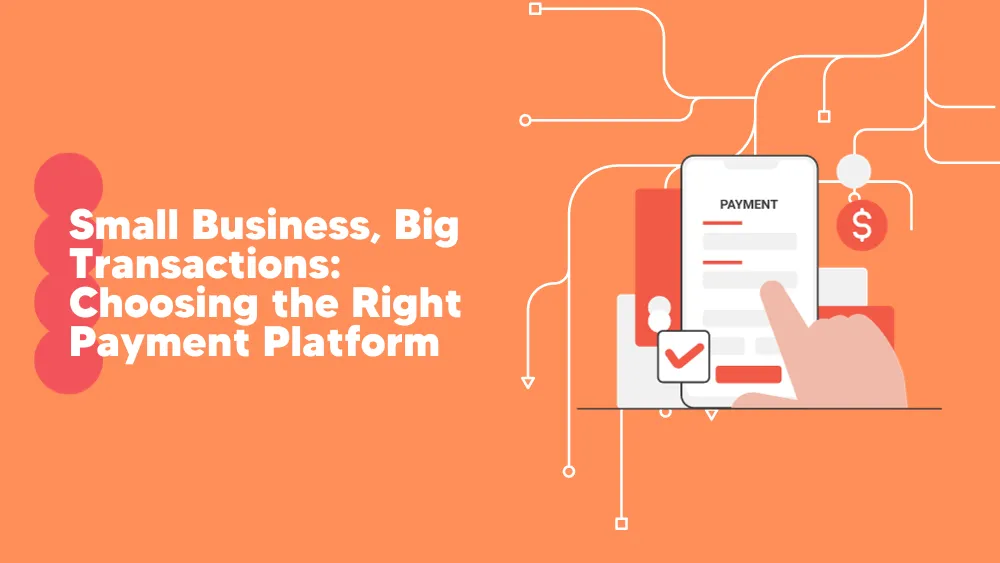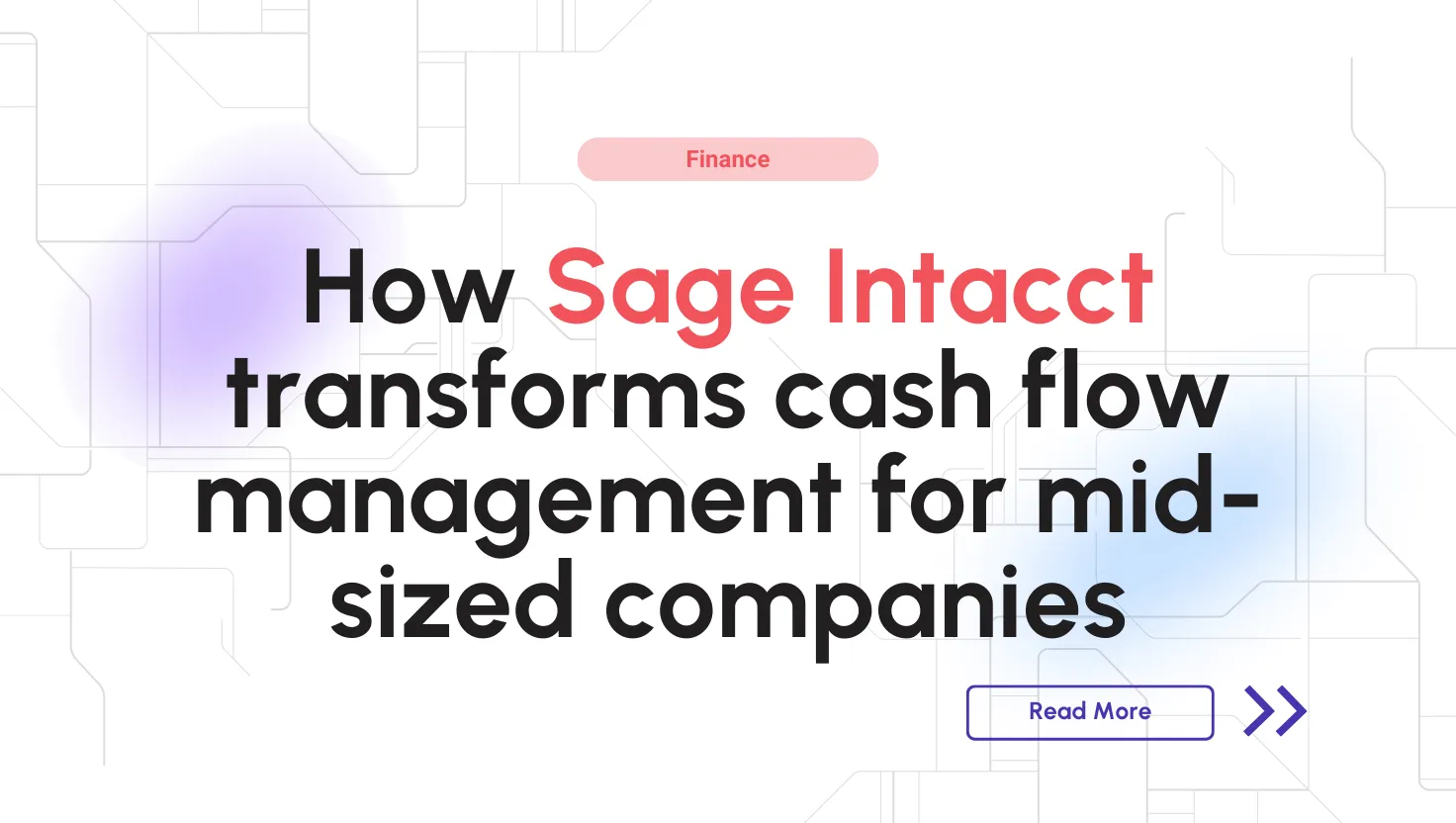Venture capital funding is a nuanced game, and this article will offer five key insights. It focuses on essential strategies like targeting the right people within VC firms, managing strong investor relationships, and finding the spot between rapid growth and solid profitability to navigate successfully. This article will surely be a treasure trove of insights for startup founders seeking VC backing. It’s your secret weapon, offering guidance on how to find, reach, and track VCs for your funding needs.
What is fundraising?
Assume a potential investor as a lead, a potential customer who wants to spend money but, for investment purposes, has limited resources and will only invest in a limited number of companies. This is challenging, we know. That’s why, in this article, I would like to give you some insights and tips on how to get funding. The main focus will be on funding from VCs. However, if you want to discover more funding options based on your stage, you can check out Tukel, Inc.
Also, partnering with Tukel, Inc. Accounting and Advisory could be a valuable step for your venture. We can offer guidance on securing VC funding, determining the best type of funding for your needs, or only if you need assistance preparing financials for investor presentations.
But first, let’s understand what VCs are and how they work.
What is Venture Capital, and How Does it Work?
Venture capital is a form of private equity and financing that investors provide to startups and small businesses believed to have long-term growth potential. Venture capital firms’ funds generally come from well-off investors, investment banks, more savvy angels, and other financial institutions. However, venture capital does not always take a monetary form; it can also be provided through technical or managerial expertise.
When and Why Do VCs Invest?
VCs typically invest in a business against equity and exit when there is an IPO or an acquisition. They are willing to risk investing in such companies because they want to earn a massive return on their investments if these companies are successful. VCs diversify their risk by investing in many startups, as only a few will be successful—hopefully, yours.
How Do VCs Operate?
The VC ecosystem comprises limited partners (LPs) and general partners (GPs). LPs are outside investors who provide capital. GPs are the professionals who manage the fund and make decisions to invest. VCs make money through carried interest, typically a 20% performance fee on the fund’s profit, and a management fee, usually around 2% of the invested assets.
Hint
Tip 1: Aim to Reach the Right People in VCs
Don’t waste your time, be specific and target your ideal investor persona.
Each role contributes uniquely to the functioning of a VC firm, but understanding the hierarchy within a VC firm can significantly enhance your chances of securing funding. That’s why we wanted to share key roles and their responsibilities at VCs to give you a big picture and insight into who the decision-maker is.
- Limited Partners (LPs): Provide capital to VC funds, typically comprising institutional investors, wealthy individuals, and family offices, with very limited, if not none, day-to-day involvement but expecting returns from fund performance.
- General Partners (GPs): Responsible for final investment decisions, leading fund fundraising, managing LP and portfolio company relationships, and often holding board positions in portfolio companies.
- Partners: Junior partnership role, contributing to investment sourcing, evaluation, and recommendations, with a path towards becoming a GP.
- Venture Partners: Seasoned investors or entrepreneurs, not full partners, offering expertise and industry connections and sometimes holding board positions.
- Principals/Managers: Senior roles, potential GPs in the making, leading deal sourcing and due diligence, managing portfolio companies, and fund strategy involvement.
- Associates: Mid-level roles, engaging in market research, deal sourcing, supporting due diligence, and assisting in portfolio management.
- Analysts: These entry-level positions focus on market research and analysis, supporting higher roles in due diligence and investment preparation.
- Entrepreneurs in Residence (EIRs): Temporary roles held by experienced entrepreneurs or executives, providing mentorship and exploring new business opportunities for VC firms.
When seeking venture capital funding, it’s crucial to focus your efforts on reaching out directly to the decision-makers: General Partners (GPs) and Partners of VC firms. These individuals are key players who have the final say in investment decisions. They sit at the weekly investment committee meetings, proposing startups to invest in and voting on whom to invest in.
While connecting with them might seem more challenging, doing so can save you invaluable time and resources.
The rest of the VC’s team may be doing the bulk of the work, but they all report to GPs and partners of the VC firm and try to influence them. You will and must work closely with this staff team, knowing that they are messengers and influencers, not decision-makers.
Keep in mind, nowadays, making a direct and memorable impression on those who wield decision-making power is a strategic move.If you’re unsure how to find and contact potential investors, Tukel, Inc. Accounting & Advisory can provide professional assistance in this area.
Tip 2: Create Your CRM for Investors
Remember, fundraising is the same process as sales for B2B customers. Every interaction, communication, and point of contact is crucial and takes time. You may need to have tracking and action for each investor over the next 12 months and sometimes even longer. Thus…
Keep all your fundraising activities and efforts organized in one central place – the CRM.As your network of investors expands, keeping track of your thoughts, insights, and strategies for each contact can become increasingly difficult. Implementing a CRM system from the very start is essential. If you’ve already begun without a CRM, don’t worry – transferring your existing data into a CRM system is perfectly fine now. This will help you organize and stay on top of your relationships effectively.
This approach is key for tracking progress, managing relationships smoothly, and ensuring that important details are not overlooked. What are the steps you should follow?
Set up a well-organized pipeline in your CRM:
A structured pipeline is a cornerstone of any fundraising strategy. It provides a transparent path from the first interaction to successfully securing the investment or ceasing to chase a specific investor. You may call your pipeline the “Funding Pipeline” or “Investors Pipeline.”
How and what to track in your CRM?
I will not cover how to use the CRM system, but I have outlined a few basics for you.
- Contact Importation and Organization: Begin by importing your contacts into the CRM. This includes both organizations (such as VC firms) and individual contacts within each organization. It’s crucial to associate individual key contacts with their respective organizations to maintain clarity.
- Detailed Contact Research: Add comprehensive notes for each contact at the organizational and individual levels. This should include any personal details you can gather about key contacts within the VC, like hobbies, mutual acquaintances, recent event participation, and speeches. These details can be invaluable for personalizing interactions.
Tip 3: Never Give Up – Publish Monthly Newsletters and Update Investors
The key approach is never giving up! Y-Combinator accepted one of our clients in his 4th year after 12 failed applications!
I’ve already talked about finding the right investor and getting funding, which takes time, so don’t go into mourning. Instead, be hopeful and steady, and don’t give up. How?
You can send regular newsletters to your potential investors every quarter (while implementing this, ensure compliance with data privacy and consent regulations and complete all necessary setups before initiating communication). Why?
- Regular newsletters help create awareness about your company and keep your business on the radar of potential investors, gradually building their interest in your venture,
- This will help you gain their trust and confidence in your vision and team, and
- In a competitive market, staying top-of-mind with potential investors is crucial.
While our focus has been on potential investors, the same approach applies to your existing investors, tailored to their specific expectations.
Tip 4: From Annual Recurring Revenue (ARR) to Profitability
Growth vs. profit…Which one is better?
Of course, both are essential to a long-lasting company. Annual Recurring Revenue (ARR) has traditionally been a focus for VCs, often using it as a basis for valuations by applying a multiplier. However, there is an emerging shift in focus towards profitability.
Now, investors are increasingly looking at how soon a startup can become profitable rather than just high growth. Your pitch should, therefore, balance the narrative between growth and a clear path to sustainable profitability.
While ARR, a metric that indicates the predictable and recurring revenue components of a company’s business model, is undoubtedly important for understanding growth potential, profitability has emerged as a key concern for investors for several reasons. This is mostly driven by experience with failed, unsustainable businesses that continued to drain money, especially during these periods when the cost of money is higher than ever.
Tip 5: Be Careful About Agreements with Investors
While securing VC funding is important, it’s equally crucial to understand the terms of the investment.
Pay attention to- Restrictions on Your Decisions: Understand how an investment might limit your flexibility. Are there any clauses in the agreement that could restrict your ability to make certain business decisions or pursue specific directions? Knowing if these restrictions could hinder your company’s growth is important.
Consider a scenario where you hold an 80% ownership stake in your company. You might assume that this majority share gives you full autonomy in making significant decisions, such as selling the company. However, due to specific clauses in your agreement with investors, you could be unable to sell to a prospective buyer, despite your majority ownership. This situation can arise from certain restrictions embedded in your investment agreement, demonstrating that ownership percentage isn’t always the sole determinant of control in key business decisions. This has happened in the past to other entrepreneurs, underscoring the importance of thoroughly understanding and negotiating the terms of any investment agreement.
While securing funding is a significant milestone for any startup, the accompanying agreements can have profound implications for your business’s future. It’s essential to be aware of how these terms can impact your operational freedom, ability to seek additional funding, control over your shares, company bylaws, voting rights, and more.
Remember, the decisions you make today will shape the trajectory of your company.
Navigating Startup Funding with Tukel Accounting
Navigating the landscape of funding options and developing strategies to secure funding can be overwhelming for entrepreneurs. Your business may not need an investor but may be better off with a loan or may simply have to cut some costs or prioritize its spending to grow more.
If an investor is “the” correct path, effectively communicating your business’s value proposition and growth potential may be an issue. Many startups struggle to convey their unique selling points and market opportunities and plan for generating returns on investment, which can lead to missed funding opportunities.
An outsourced and experienced CFO advisor can play a crucial role in solving this problem by providing strategic financial guidance and support to entrepreneurs during fundraising.
I founded Tukel, Inc. Accounting & Advisory with the mission of providing entrepreneurs and small business owners with access to CFO services. Schedule a free discovery call with my team to see how we can help!








